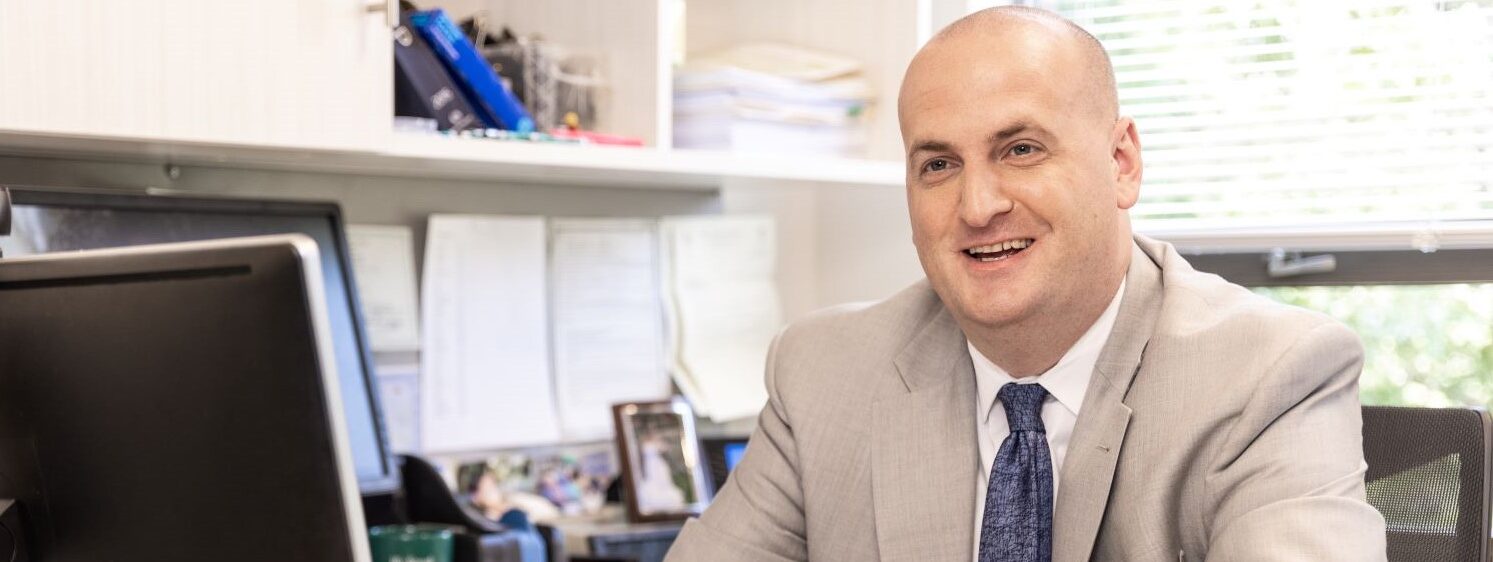Renner Individual News; October 3, 2022
When something sounds too good to be true … well, you know the rest.
Sometimes, though, if it sounds like a good thing, it actually is. Sometimes, there really is no downside.
This can be said for 529 plans — tax-advantaged savings plans designed to encourage saving for future education costs. You can talk with your financial planner and open a 529 college savings plan with a designated beneficiary.
“The funds can be used for K-12 tuition, not just college tuition,” said Paige Mason, tax manager at Renner and Company. “529 plans are beneficial for everyone involved.”
In some states, you can get a tax credit on your return for contributions to the plan. For Virginia, you can get a credit on contributions of up to $4,000, per plan. Once the beneficiary is of school age, they can take the funds out of the plan tax-free, as long as they are used on qualified education expenses, such as tuition.
A 529 account can be set up for anyone, including yourself — and you can change the designated student to another family member without penalty at any time.
“The plans are flexible,” Paige said. “Leftover funds can be transferred to other plans.”
The maximum savings amount for Virginia’s 529 plan is substantial, with a total contribution limit of $550,000 for a single beneficiary.
For more specifics on the Virginia 529 plan, go here.
To find out if a 529 plan may be beneficial for you or to discuss options for opening the account, contact Renner and Company here.
“Lastly, do not forget to send the contribution confirmations to your accountant for tax prep,” Paige said with a smile.
© 2022 Renner and Company, CPA, P.C. All Rights Reserved.


